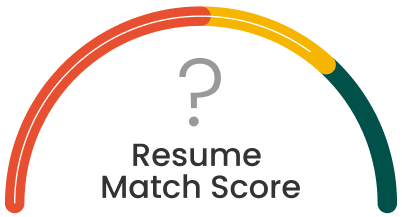About the position
The teacher is required to follow all Board and State Policies and procedures and to comply with the instructions and/or directives from his/her supervisor(s). Responsibilities include the development of annual objectives for the school and planning an instructional program which incorporates these objectives. The teacher must assess their instructional program to determine its effectiveness and maintain an adequate knowledge of subject areas and child growth and development. Participation in staff development and professional learning communities is essential, as well as staying abreast of current evidence-based research practices for increasing student achievement. The teacher is responsible for ensuring that instruction, materials, and procedures are appropriate for the subject being taught and for the needs of the students. They must encourage active involvement from students, parents, and the community, and assess individual student abilities to accommodate differences in learning rates and styles. The teacher will monitor student achievement continuously and employ various teaching methods to meet student needs, providing remediation as required. Professional classroom management techniques must be implemented to maintain a suitable instructional environment. The teacher is also expected to demonstrate respect for all students, value cultural differences, and maintain communication with parents. Additional responsibilities may include non-instructional duties assigned by administrative personnel, such as bus duty, cafeteria supervision, and supervision of extra-curricular activities.
Responsibilities
- Cooperates in the development of annual objectives for the school and plans an instructional program.
- Incorporates learner objectives compatible with the subject, grade level, established curriculum, and student needs.
- Assesses instructional program effectiveness.
- Maintains knowledge of subject areas and child growth and development.
- Attends and participates in staff development and professional learning communities.
- Implements current evidence-based research practices for increasing student achievement.
- Ensures instruction, materials, and procedures are appropriate for the subject and student needs.
- Encourages active involvement from students, parents, and others in instructional activities.
- Collaborates with parents, employees, and community to support student learning.
- Assesses individual student abilities and devises techniques to accommodate differences.
- Monitors individual student achievement and employs various teaching methods.
- Implements professional classroom management techniques.
- Utilizes community resources and volunteers to enhance the instructional program.
- Demonstrates respect for all students and values cultural differences.
- Accepts responsibility for non-instructional duties as assigned.
- Promotes a safe, secure, and orderly environment.
- Reports acts of violence to the principal.
Requirements
- Must hold or have the ability to obtain North Carolina Teacher License.
- Must meet the qualifications for Residency Teacher License.
Job Keywords
Hard Skills
- Classroom Management
- Direct Instruction
- Needs Assessment
- Parent Communication
- Supervision
- 0yhYQzbje4cA79H 7drmqgAG1
- eFdP83OvG yJqbLKD3IfC10sW
- GeSjDNd E9HxJASvLKo
- gM7HZAy Vd4K5u2g9hzAnL

A Smarter and Faster Way to Build Your Resume
